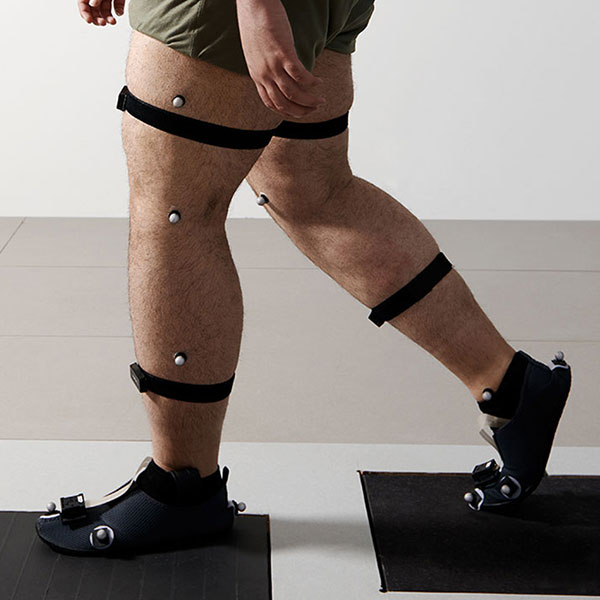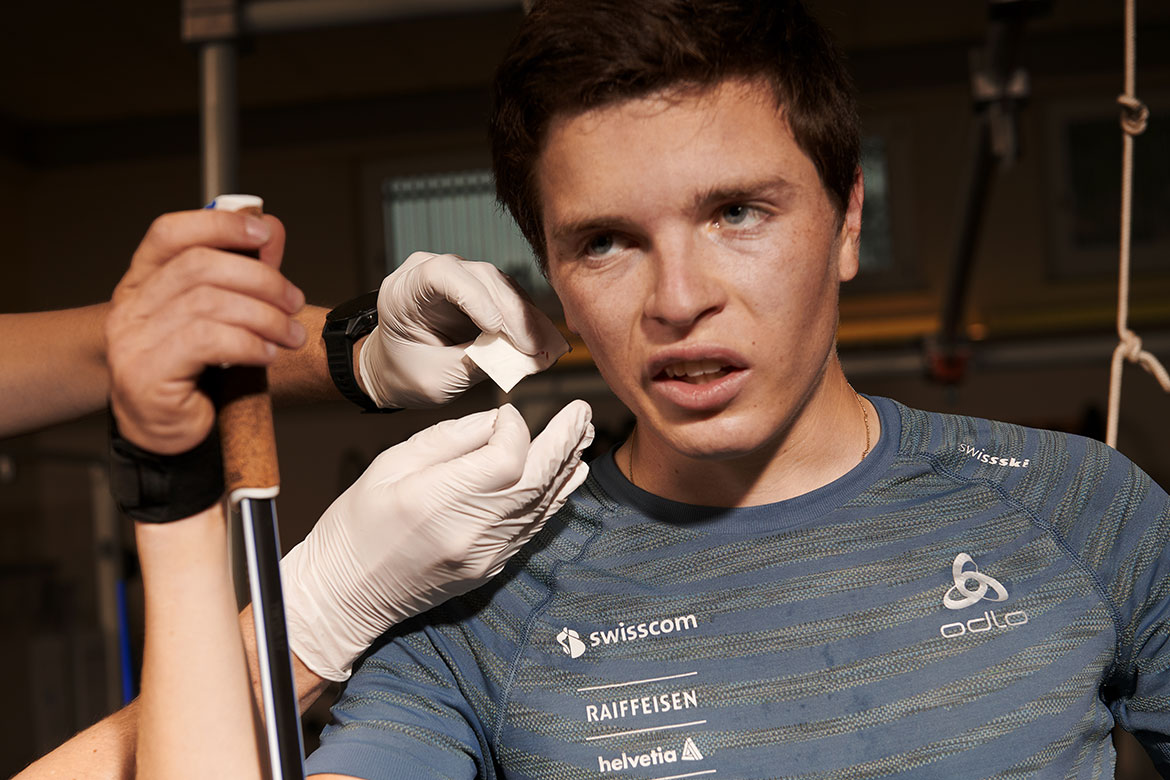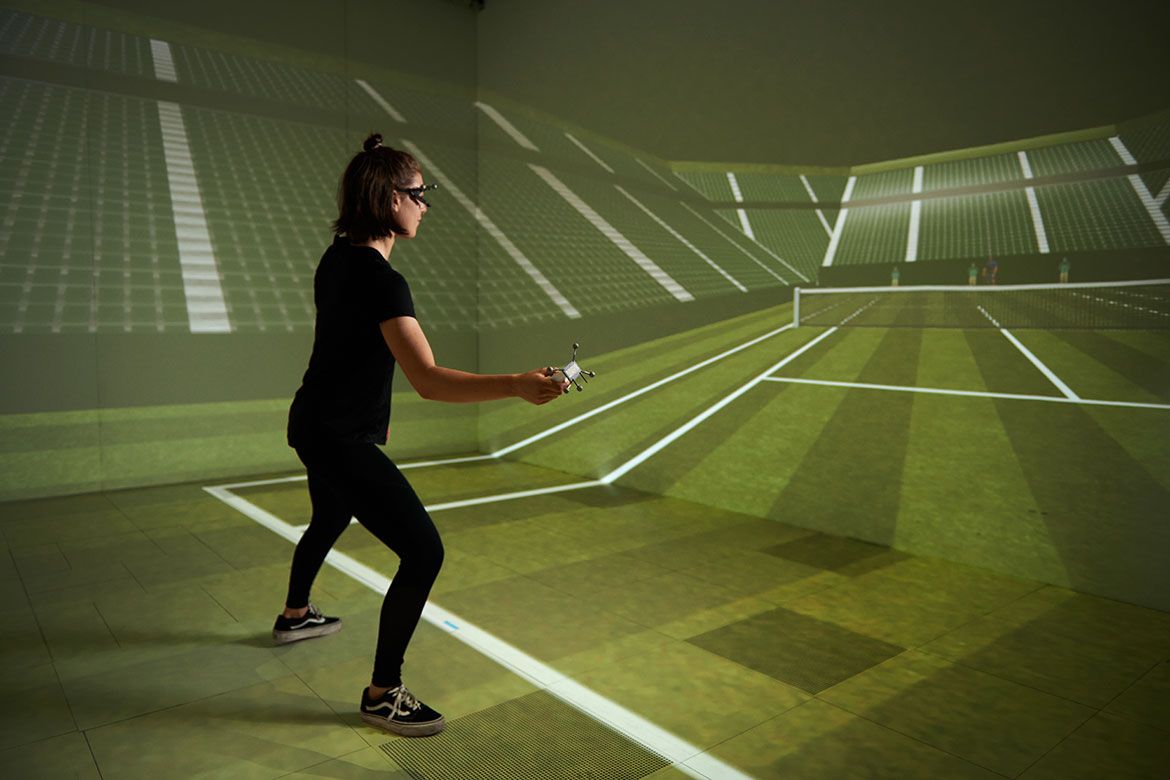Column
Sports create knowledge for the benefit of society
Sports science has always made an important contribution to public health, but was nevertheless neglected for a long time, says Marcel Tanner, President of the Swiss Academies of Arts and Sciences a+.

Our favourite sports discipline can enable us to question the sustainability of our actions, says Marcel Tanner. | Photo: Annette Boutellier
It is wonderful to be able to read the comprehensive, fascinating and inspiring articles about sports and sports science that are featured in this issue of Horizons, because sports were for a long time an undeservedly neglected discipline. We often talk about sports – whether it’s mass sports, competitive sports, extreme sports or many other kinds – without really asking about the role that science and scholarship might play in them. Yet it seems to me that this is something of which we are now becoming increasingly aware, especially in these times of a pandemic. Perhaps we might even be ready to acknowledge how sports science has long been important to public health, and remains so today.
It is well documented that sports science can be traced all the way back to the Renaissance. It has repeatedly made a fundamental contribution to our understanding of well-being in society. We often understand ‘being healthy’ and ‘staying healthy’ as something given, without thinking about their scientific basis. And we are all too aware of how often sports sciences is unfairly placed in the spotlight on account of dirty tricks and doping. But sports sciences is about much more than coping with scandals. We often fail to realise adequately that sports science is broad-based and interdisciplinary in nature, and can help us to improve our understanding of physical and mental interaction and performance in specific sports activities, as well as their short-term and long-term consequences in both individuals and society as a whole. The research generated by sports science – whether basic or applied research – is especially important if society is to act sustainably, and it can help us to reach our Sustainable Development Goals. I am sure that the articles in this issue of Horizons will enable our readers to learn about the sheer depth and interdisciplinarity of the methods explored in sports science, which draw on the humanities and biomedical, technical and even business science. In this manner, sports science demonstrates that if we only ever do what we know, then we shall only ever remain what we already are.
If we can transfer this concrete realisation from our favourite sports into our scholarship – even into our everyday lives – then we can become more responsible members of society, and can pursue our daily challenges in a sporting manner, full of energy and delight – and free of doping! In all this, I wish you much strength!




